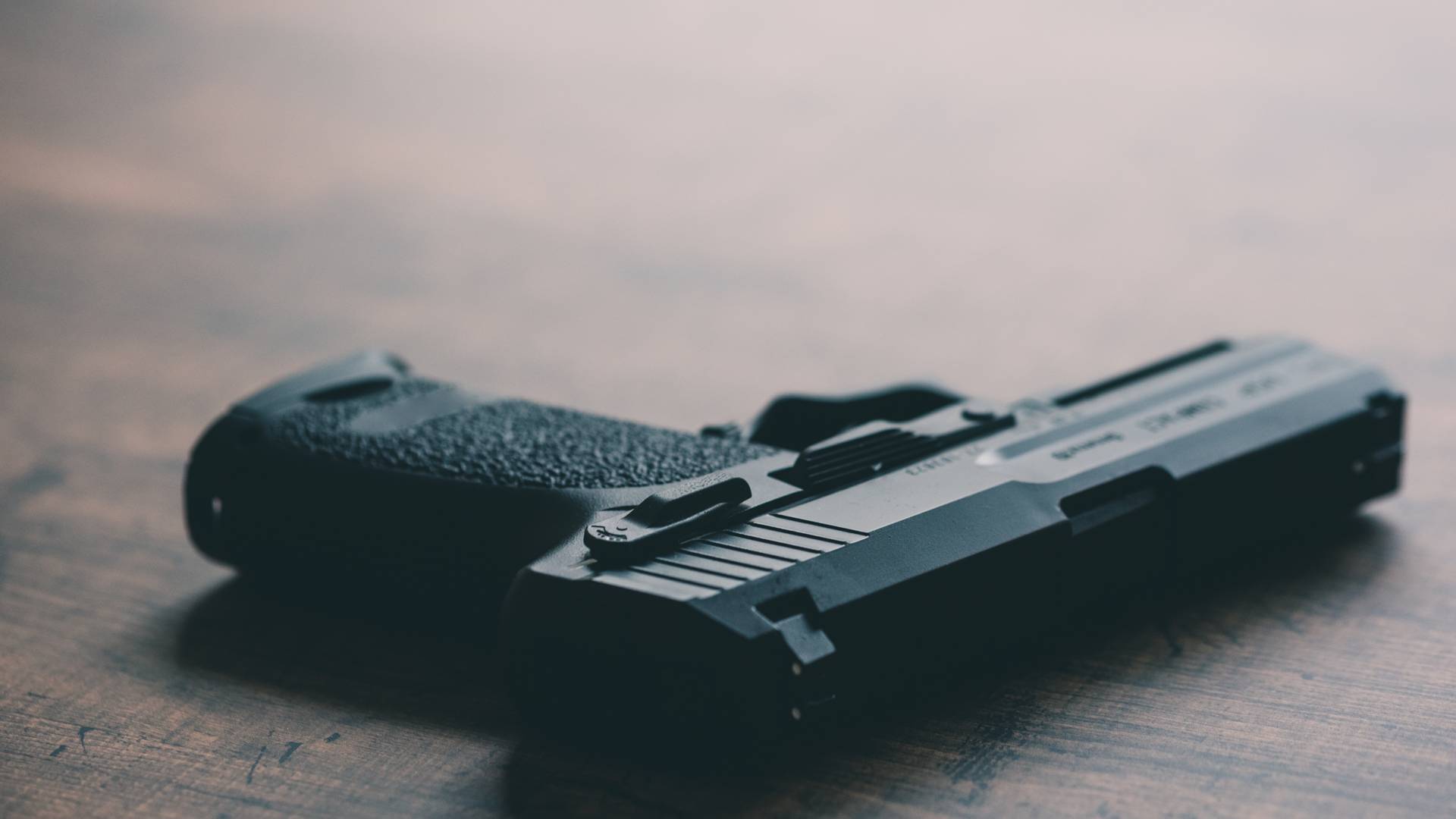We recently discussed the components of the criminal justice system. Within each of these components is the possibility of errors being made. When we are evaluating a criminal case to help determine the defense strategy, we have to look into the actions of each person within each component who had a part in the case. This means we have to look at the way the case was investigated. We have to look at how evidence was collected, processed and tested.
We know that you might wonder how you are ever going to go through everything contained in your case. This is something that can take considerable time, especially if your case has complex elements. The key in these cases is to have an idea of what to look for.
The goal of a criminal defense is to make the jurors who hear the case have a reason to doubt that you committed the crime. In theory, that doubt that is introduced could mean the difference between being found not guilty and guilty.
Some of the keys to your defense could be contained in the memories you have of the contact points you had with police officers. It is a good idea to make notes of things you think might be amiss. One example would be if you think your rights were violated. Addressing that could be a huge benefit in a criminal case if you can show that your rights were violated.
No matter what type of criminal charge you are facing, you should make sure that you don't try to just throw together a defense at the last minute. The defense you present could have a big impact on your future.
